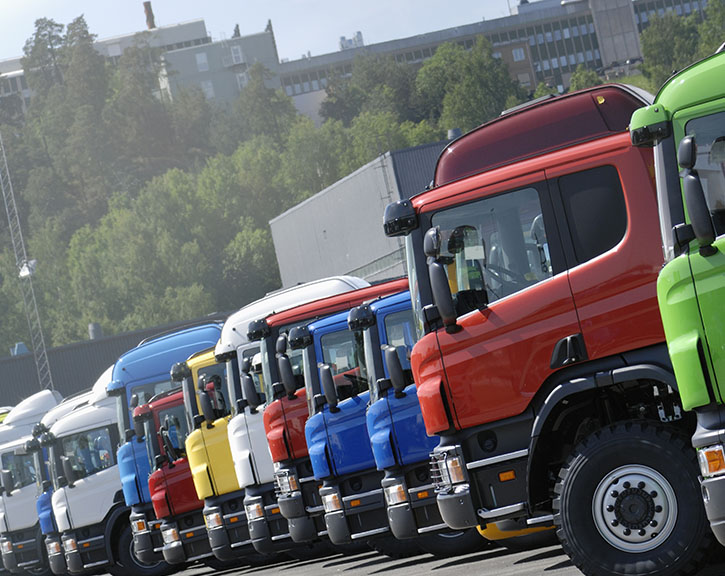Buying any business can be a taxing endeavour to the most commercially-aware minds, let alone buying a business based in the transport sector. With its array of red tape, licencing requirements, operations facilities, plant equipment and financing arrangements, a haulage or public service vehicle business can marr the simplicity of any share transaction or asset purchase before the substance of the corporate mechanics and underpinning law is even considered.
It is because of this that mainstream lawyers, inexperienced in the transport sector, may miss vital points whilst assisting with the purchase of a company that would be otherwise caught by a specialist transport solicitor.
A prime example of such points lies in the documentation for the sale of a company. Whether it is a share purchase agreement, asset purchase agreement or alternative method of selling or purchasing a business, warranties are an important part of the transaction. Some are standard, some are bespoke, and some will be free-drafted to address specific situations. In transport, the warranties included in a transactional document require a little more creativity and foresight.
For example, how do you know that the haulage company you are buying hasn’t been subject to a penalty notice for carrying clandestine entrants? How do you know that the business has a valid Operator’s Licence, issued by the Office of the Traffic Commissioner? And, how do you know that the business you are purchasing has not, in the last 5 years, been the subject of an investigation into its maintenance or tachograph arrangements?
Concerns of such a regulatory nature are not only an issue when purchasing the shares of a business, but also the assets. It may be the case that one or a number of the vehicles you are purchasing from the business have been the subject to a prohibition. If employees of the business are to be transferred under TUPE, how do you know that the Transport Manager you are inheriting has not been called to a meeting with the Driver and Vehicle Standards Agency (DVSA).
A failure to have consideration for any of the above could see what looked to be a profitable expansion turn quickly into a foul haemorrhage. Issues such as these require time, money and lawyers to solve and, even then, they may not conclude in the way you hoped. Finding your newly-bought company on the wrong end of an adverse decision from the Department for Transport, DVSA or Office of the Traffic Commissioner be difficult. Which is why the Corporate Team at Backhouse Jones include regulatory, transport-specific warranties in any documentation or contract for the purchase of a business. We also have a robust due diligence process designed to bring these issues to the fore at the earliest opportunity. Couple that with the in-depth regulatory compliance audits which our Regulatory department offers, and you are steering in the right direction for a smooth acquisition process.
Having focused, sector-specific warranties in play prompts the seller to fully disclose issues that affect the regulatory compliance of a business prior to completion. The reason for this prompt is because if they fail to disclose this information, then the buyer may seek redress from them for any loss caused.
If you have your eye on a transport business at the moment, it is always more advisable to have specialist lawyers on hand when drafting the documentation. To make contact with such solicitors, contact Brett Cooper or Jo Dawson-Gerrard in the Backhouse Jones Corporate Department at 01254 828300.


